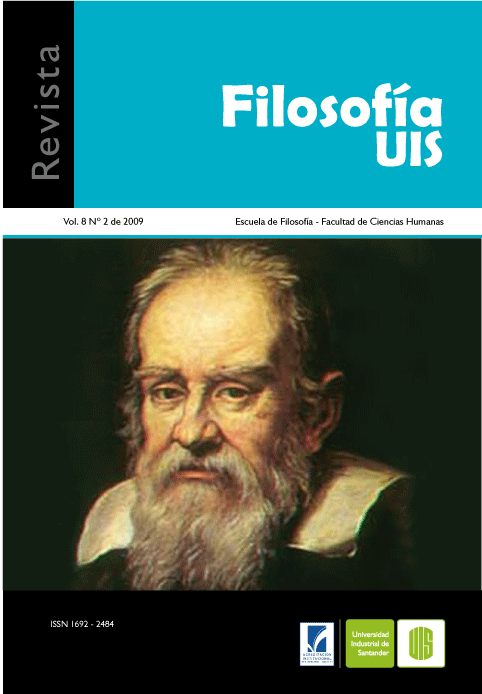Published 2009-12-16
How to Cite
Copyright (c) 2009 Ramiro Ceballos

This work is licensed under a Creative Commons Attribution 4.0 International License.
Abstract
Originally published in 2005, this brief paper aims to answer a perennial question: Why is the human thought not joy? The author leaves from a declaration of Schelling that serves as epigraph to the book and contains a set of affirmations of certain dialectic crypticity. In any case, Steiner draws from them a clear univocal lesson in the innumerable series of verdicts and sentences that, from Ecclesiastes at least, flit around the human misfortune of being aware, to that regret to warn the world in irreducible records to the presumed pacified contemplation of the beasts, that kind of poisoned gift that bequeathed us the "glory" of dominating the other species at the price of not being able to reconcile us with the real and living life in perpetual exile.
Downloads
References
- Harris, Marvin (1999), Nuestra especie, Madrid, Alianza editorial.
- Steiner, George (2007), Diez (posibles) razones para la tristeza del pensamiento. Traducción de María Cóndor, México, F.C.E.
- Wagensberg, Jorge (2007), El gozo intelectual, Barcelona, Tusquets.
